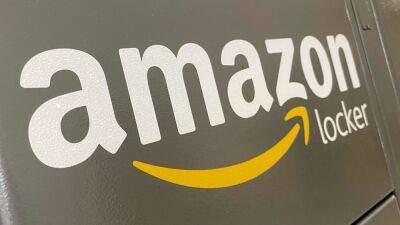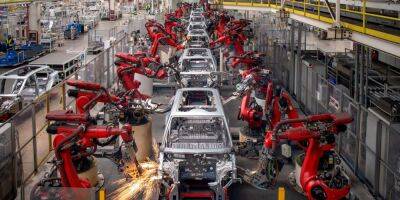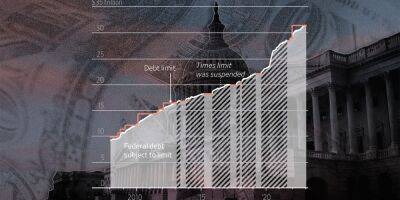Pacific trade deal is more useful to Joe Biden than it is to the UK’s economy
Tory MPs hailed the UK’s entry last week into the Indo-Pacific trading bloc as a major step on the road to re-establishing Britain as a pioneer of free trade.
It was a coup for Rishi Sunak, said David Jones, the deputy chairman of the European Research Group of Tory Eurosceptics, who was excited to be aligned with “some of the most dynamic economies in the world”.
Trade secretary Kemi Badenoch also used the word “dynamic” to describe the 11 members of the Comprehensive and Progressive Agreement for Trans-Pacific Partnership (CPTPP). She pushed back against criticism that signing a trade deal with a loose collection of countries on the other side of the world would only add 0.08% to the UK’s gross national product, and then only after 10 years of membership. That figure was an estimate by civil servants 10 years ago, she said in an interview with the Daily Mail. The CPTPP is more important these days.
And it might be, but not for the trade it facilitates. The significance lies in the geopolitical realignment it promotes and how such pacts could harm future Labour governments.
The CPTPP was signed on 8 March 2018. Australia, Brunei, Canada, Japan, Mexico, New Zealand and Singapore were the first to form a bloc before being joined in the five years that followed by Vietnam, Peru, Malaysia and Chile.
Former president Barack Obama hoped the US would also be a founder member before coming up against a Republican Congress that disagreed. Later,Donald Trump abandoned the deal altogether.
Obama wanted to throw a friendly arm around Pacific countries threatened by China’s increasingly aggressive attitude to its neighbours – or, looked at another way, maintain open markets for US goods and services across south-east Asia in opposition to
Read more on theguardian.com










